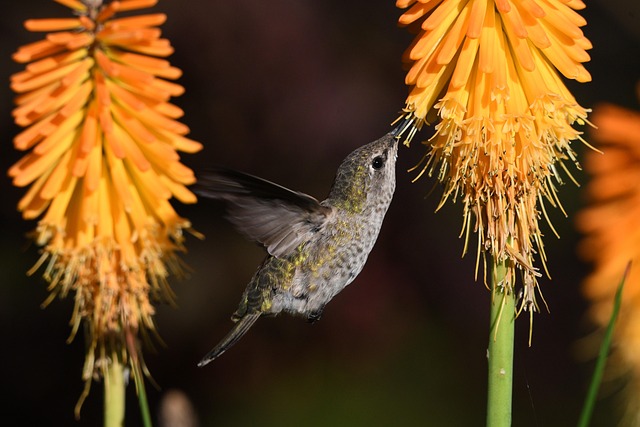The world’s food system’s in a tough spot. Climate change is messing with farmers’ schedules, soil’s wearing out in a lot of places, and folks are desperate for ways to farm that don’t wreck the planet. We need a whole new approach to growing food and managing land, and synthetic biology’s kind of a big deal here. Scientists are cooking up custom organisms to pump up crop yields and cut down on environmental damage. It’s got the chops to change farming as we know it, and that’s exciting stuff.
So, What’s Synthetic Biology?
Think of synthetic biology as a super-smart toolbox for tinkering with life. It’s about building or reshaping biological systems—like microbes, plants, you name it—to do specific tasks. Unlike old-school genetic tweaks that just borrow from nature, this is about designing new systems from the ground up. Scientists use computer models to map out DNA sequences, then plug those into organisms to make them do what they want.
It’s crazy versatile, working with everything from tiny bacteria to full-on crops. The whole point is to make things more efficient, precise, and green. It’s a wild way to take on farming’s biggest headaches, and it’s honestly pretty fascinating.
Helping Crops Stand Tough
Farmers have it rough these days: wonky weather, tired soil, pests that just won’t quit. Synthetic biology’s handing them some real tools to push back. Scientists are tweaking crops to use less water, hold up better in droughts, or fight off fungi without dousing them in chemicals. They’re messing with the genes that control growth and defenses, so plants can thrive even when conditions are brutal.
And then there’s these microbes—total MVPs. Researchers are designing bacteria that hang out in soil, helping plants suck up nutrients or grow stronger roots. That means healthier crops with way less need for chemical fertilizers, which saves farmers money and keeps the environment happier. It’s like giving plants a secret weapon to deal with tough times.
Kicking Chemicals to the Curb
Chemical fertilizers and pesticides have kept farms going for years, but, man, they do some damage—polluting rivers, hurting wildlife, the works. Synthetic biology’s got ideas to ease off those. One trick is engineering microbes that spit out natural pest repellents, targeting only the pesky bugs and leaving the good ones alone. Another’s boosting nitrogen fixation, so crops can grab nitrogen from the air instead of chemical fertilizers.
These changes mean less pollution and lower costs for farmers who aren’t shelling out for expensive inputs. It’s a no-brainer way to make farming leaner and greener, and it just feels right for where we’re at.
Biofuels: Greener Energy Vibes
Synthetic biology’s not just sticking to farms—it’s making waves in energy too. Scientists are building microbes that turn plant scraps into biofuels way faster than older methods. By using leftovers like corn stalks, these fuels don’t eat up fresh crops and help clear out farm waste.
It’s cleaner energy that cuts emissions, which is huge for slowing climate change. Plus, farmers get a new way to make cash from their byproducts. It’s a solid step toward energy independence with the planet in mind, and synthetic biology’s driving the bus.
Cleaning Up Our Messes
Fixing polluted soil or water with traditional methods is a pain—slow, pricey, and often messy. Synthetic biology’s got a slicker solution called bioremediation. Scientists whip up microbes that chow down on toxic chemicals, turning them into safe stuff. It’s cheaper and easier on the earth than chemical cleanups.
To avoid any rogue microbes, they add safety switches so the bugs shut off or die when the job’s done. It’s a sharp, safe way to tackle environmental disasters, no joke, and it’s a great example of synthetic biology doing good.
Keeping Food Fresh and Tasty
We lose so much food to spoilage before it even hits stores—shipping and storage are brutal. Synthetic biology’s got some clever fixes. Smart packaging with biosensors is one I love. These sensors catch temperature changes or bacteria growth, so suppliers can jump on problems fast.
Other tricks make food itself better. Scientists use engineered yeast or bacteria to boost flavor or add nutrients, making stuff tastier and healthier. It’s a small tweak that keeps food fresher longer and cuts waste, which is a total win for everyone.
New Jobs, New Possibilities
Synthetic biology’s also stirring up the job scene, and that’s a big deal. You’ve got new roles popping up in labs, farms, and biotech startups, mixing biology, coding, and creative thinking. Universities are jumping in with programs teaching folks how to build biological systems, plus how to handle the ethical and legal side of things.
With governments and companies throwing cash at this field, research grants and team-ups are growing fast. Jobs are set to keep climbing, so it’s a great time to get in on the action, whether you’re a science nerd or just care about sustainability.




